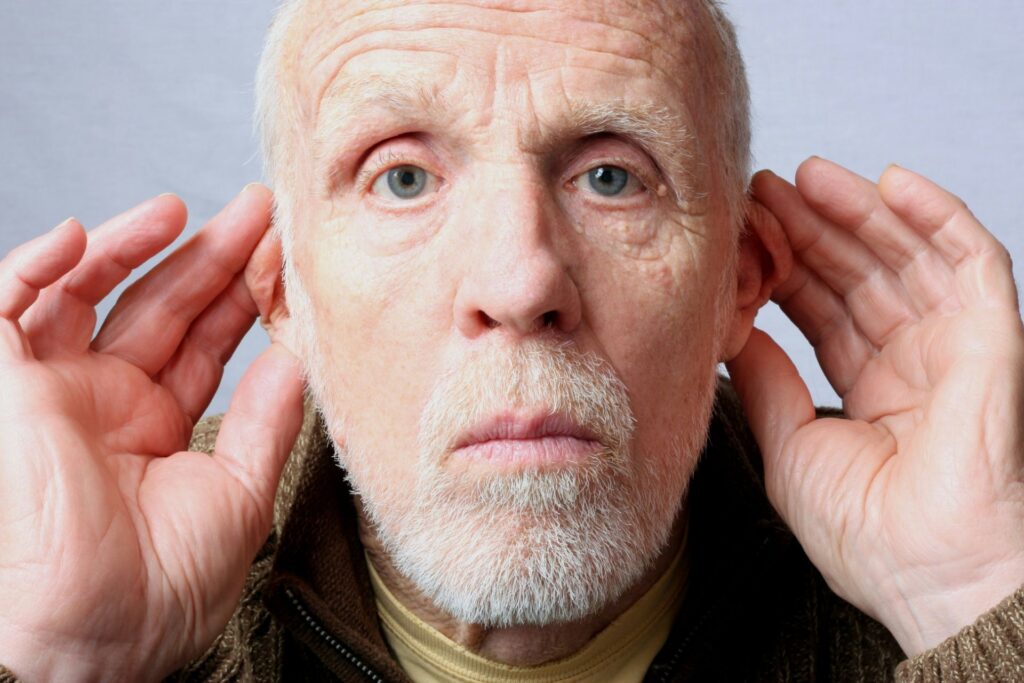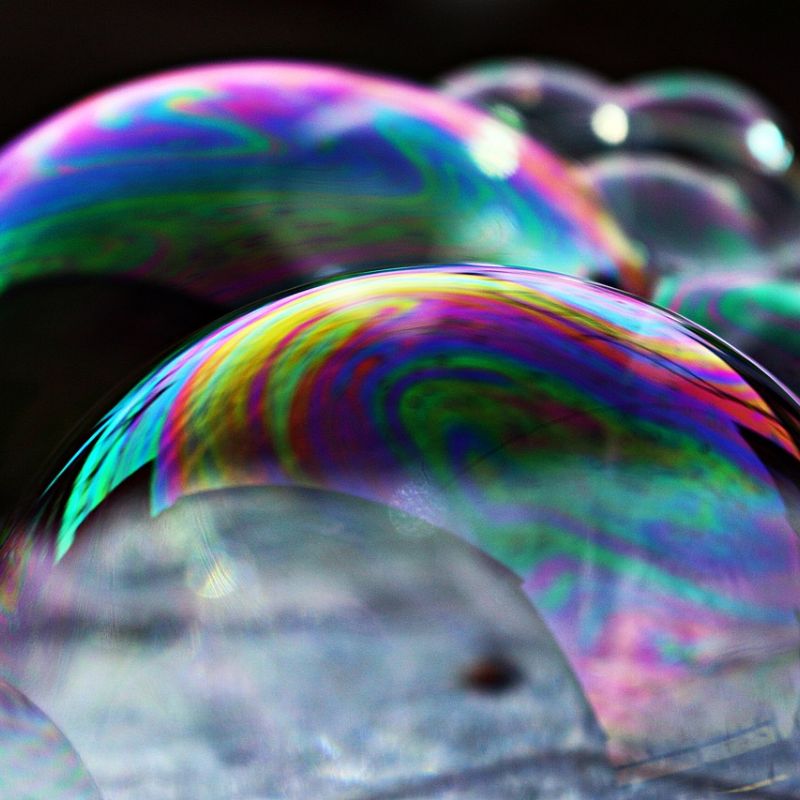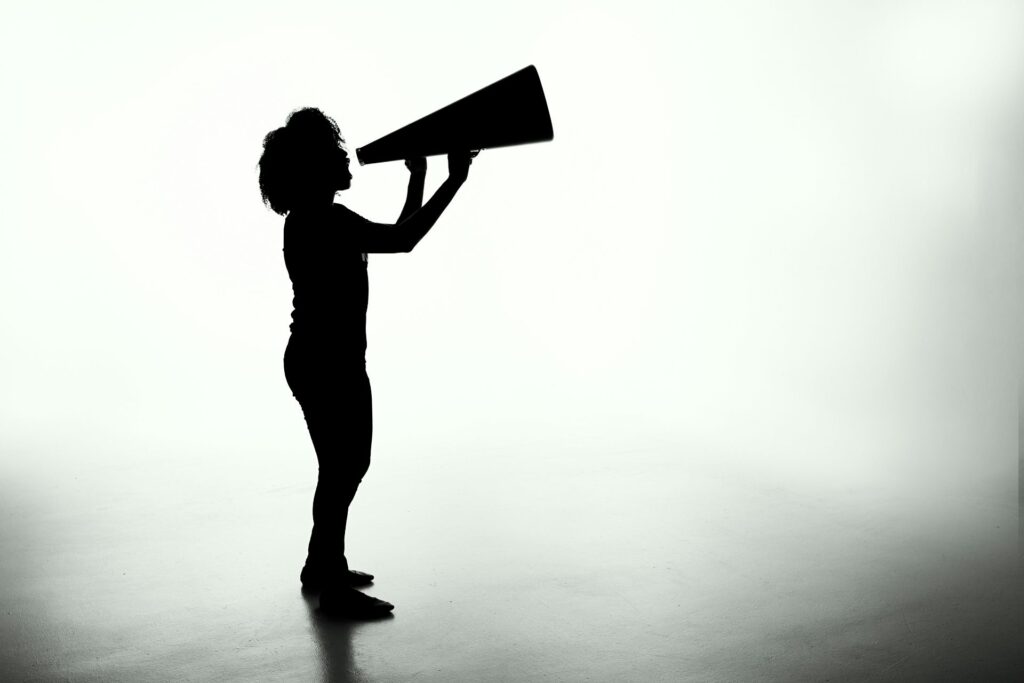
Do these questions sound familiar?
- What is sound strategy and sonic branding?
- What is sound in marketing?
- Why can’t I just find a catchy song here and there, throw it in my latest campaign, and call that sonic branding?
- Why should I budget for sonic branding and sound advertising when my current marketing is going just fine?
Most of the time people think of sound as a secondary thing in marketing; that it’s not as important as what a brand looks like. Or they simply don’t stop to take in the idea. They might think, “Once my video campaign is done, then I’ll find some catchy upbeat, and/or emotionally appropriate track and tag it onto the video.”
However, music is so much more than just, ‘icing on the cake’.
Sound and Music Must Be Part of the Initial Strategy Session
Not designing the sound and music alongside the video is a missed opportunity.
We are in the age of voice first and voice only, smart speakers and other smart technology, voice ads, and voice responsive ads. Screens are disappearing. They are less relevant and less necessary.
What happens when no one is looking at your brand?
How will you stand out?
People are busy and want to be left to their day. Sound enables them to do just that. Sound doesn’t get in your way. All it asks is for you to listen. And unless you take an action of either covering your ears or turning off the sound; you will hear.
Keep in mind I’m not saying all sound is good sound. There’s a lot of noise out there.
That noise comes from a lack of organized thought about how to make said noise less noisy. Sound marketing and sonic branding are curated and custom-built. It’s a premeditated thought on a brand’s end. It’s a sound that is made on purpose.
Sonic branding is sound on purpose.
As humans, we love to tell stories and we love to hear stories. Gossip and conversation builds our community and helps us to grow in understanding of one another. To assist in these conversations, we rely on rhythm and rhyme, patterns and repetition- tools that engrain these moments into our subconscious indelibly.
It’s Not Just About What We See

We have 5 senses: sight, sound, touch, taste, and smell. Sound is ⅕ of that story that we love. Generally, in marketing, we only pay attention to sight.
But what about the other 5 senses? Where is the rest of the story?
The more senses we have at work, the more of an emotional response and lasting impression we will give and get from our consumers.
The Proof That Sound Strategy Matters
A 2019 study by the Havas Group revealed that “an estimated 83% of advertising relies almost exclusively on the sense of sight, despite the fact that sound has been shown to prompt recall, solidify brand associations, transcend barriers of language and culture, and significantly impact business results.”
Kind of important aspects of brand marketing.
According to a 2020 IPSOS study, only 8% of marketing assets included sonic cues and/or music. Yet when brands incorporated distinctive brand assets, they were 8.5X more likely to be high performers. Incorporated only visual assets ranked as only 3X as likely to be a high performer.
With sound strategy succeeding so well, why do brands continue to lean heavier on sight-based advertising?
Sensorial Creatures
By nature, we are sensorial creatures. It’s what separates us from robots. It makes us unique and sentient and human. When we are missing that sensorial perspective, we are missing that human connection.

If we need to connect as humans through the senses, then why wouldn’t that be true with our connections through brand messaging?
When we experience something, it’s never just what we’re listening to or seeing. Think about it for a second. Say you’re listening to a favorite song and you close your eyes. Is that all that you’re experiencing; just the sound?
Try it.
Close your eyes and focus on just one thing.
Didn’t work, did it?
When I do this, I also feel the breeze coming in from the window. I smell the cookies my husband just baked in the kitchen. If I squeeze my eyes tight enough I might even see some colors. I’ll also probably get a replay taste of the coffee I sipped on earlier.
Five Senses Equals Five Experiences In One.

When I talk about using sound in marketing, I’m never saying JUST use sound in your marketing.
Sound strategy is an enhancement; a tool to help fully realize your brand’s sensorial potential.
So what does sound specifically have to do with branding and marketing?
Here’s an example.

You have a brick-and-mortar business. Say a coffee shop. You want to convey a mellow mood for people to linger, grab a refill of a beverage, buy a pastry, or maybe even a sandwich to go.
Would you play metal music to get that vibe?
Absolutely not!

Let’s say you have a gaming app and it’s one of those bubble-popping games.
For each bubble popped you want to emote a feeling of satisfaction and encourage the player to keep playing and buy your bonus coins or something for more ad-free play. Would you want the pops to sound like a gunshot? Or a bubble?
If this were your product you would definitely know which one to use. And you most definitely wouldn’t want the opposite choice.
Sound strategy is just one more way for you to relate to and be genuine with your audience.
So what does your brand sound like?
Ready to Create?
Dreamr Productions would love to help with your sound strategy. Contact us today for more information.


